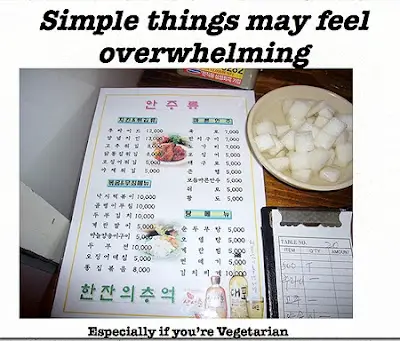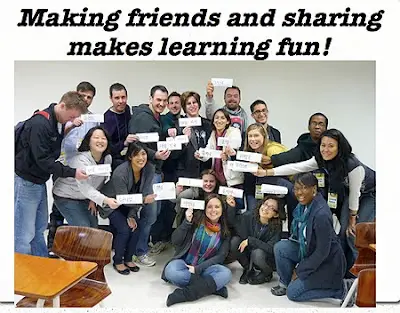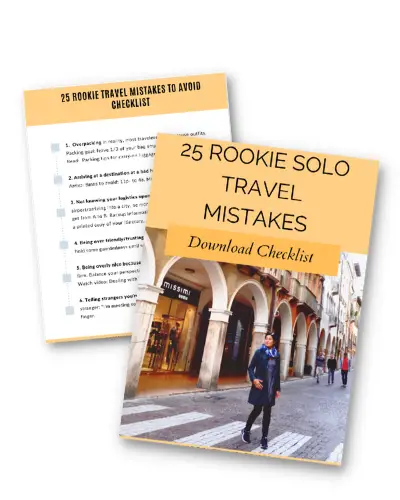Last Updated on June 7, 2023 by Christine Kaaloa
.
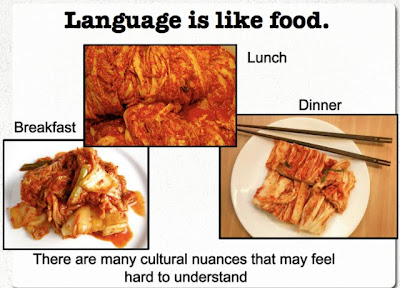 Just Show Me Pictures! Dealing with Language Barriers in Korea
Just Show Me Pictures! Dealing with Language Barriers in Korea
Updates: a) Eating in Korea is more difficult than I imagined… and while my food vocabulary grows in Korea, sometimes I can’t get first base with the smell and this turns me off to cooking my own food too; b) I’ve been taking regular weekend/day escape trips outside the city (Seoul, Busan, Jinhae, Cheongdo, Geongju) to snap back into travel mode because I suspect, my not liking it here has nothing to do with Korea; c) I finally told my co-teacher how I feel about her, why and how it’s hindered my enthusiasm to this country and to working with her!
I’ve decided to add a short blog series, titled “Just Show Me Pictures!” about surviving language barriers and culture shock in Korea.
Read JSMP: Dealing with Language Barriers Abroad (Part II)
Table of Contents: Just Show Me Pictures! Dealing with Language Barriers in Korea
- 1 90% of all expats suffer culture shock and depression while living abroad
- 2 You’ll only realize how much you love your language when you live abroad
- 3 For dinner, just serve me English!
- 4 The frustrations of dealing with language barriers
- 5 Have you had problems dealing with Language Barriers in a foreign country? What did you experience?
90% of all expats suffer culture shock and depression while living abroad
Why the staggering number?
Living abroad, your familiar is replaced by the foreign and you must endure, this compromised lifestyle for a lengthy duration.
As a traveler, you might think you have no problem adapting to cultural change. True, as travelers, we do it all the time. But there’s a difference between dating and marriage. Furthermore, obstacles with language are a beast, adding to frustrations.
Read Coping with Culture Shock in Korea
You’ll only realize how much you love your language when you live abroad
Imagine a free diver, holding his breath underwater for a sustained period before coming up. Immersed in the pressure of foreign surroundings, you’ll feel the exasperation of having to do everything “in foreign“. You’re alien to the language, customs and the way locals deal with their bare necessities of life.
The tedious chore of daily living
It’s the simplest things, like knowing detergent over bleach, how to operate your washing machine and room heater, signing up for a store point card, using your point card, figuring out how to use Microsoft Word (the version that’s in Korean language) on your workplace computer, etc… These are all small things you never predicted you’d have difficulty with! Your ant hills now become mountains to hike over.
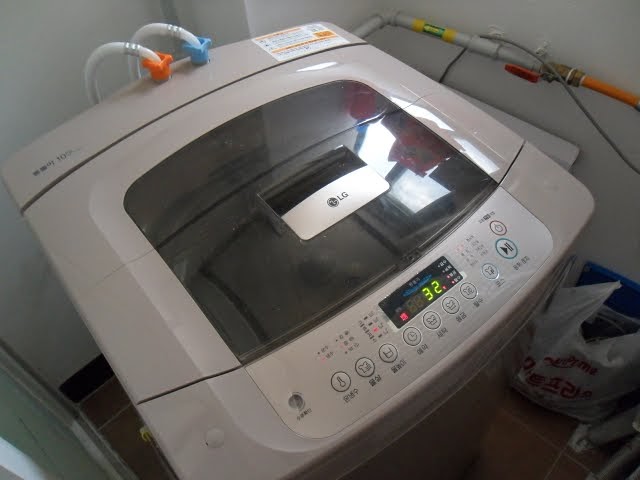
Using English to the point where you lose it.
When you speak English to a Korean and your students, your speech becomes an exercise in delivering the most elementary phrases. You must speak slowly, with pauses between every three words, to give listeners time to catch up.
Can you imagine talking like this every day and even in conversation ?
This type of speech must be your new habit for the next 12 months, when you teach, but also when you converse with Koreans.
Thus, two things end up happening:
#1. You crave other native English friends, so you can go back to your normal speed-talking English style.
#2. Your spoken English and grammar start deteriorating and you actually begin to forget how to speak good English. This actually happens!
For most expats, seeking out English and familiarity is a search for sanity.
For dinner, just serve me English!
When you live in a country, devoid of the English alphabet, you crave the sight of English! Call it a desperate hunger.
When the gates of heaven open and you finally see E.N.G.L.I.S.H. in a pearly sign, the floodgates open. You can breath. You realize how much you’ve missed seeing your mother tongue.
When I visited Seoul, I saw English signs in the artsy neighborhood of Samcheon-dong and ran up to it, squealing like a little girl on Christmas morning:
“Oh my God, oh my God, they have store signs with English !!!”
Yeah, like an idiot, I lost my cookies on that… But English storefront signs feel rare in Korea. Chain restaurants like Bennigans, Burger King, Mc Donalds and Starbucks attract those who might ordinarily turn their anti-establishment noses up.
It’s because they serve English!
The frustrations of dealing with language barriers
Here is a Powerpoint Introduction I gave to my Teaching English to Teachers Class on the first day. I used my obstacles and frustrations with learning Korean as an example for challenges and frustrations they may feel learning English.
 .
.
Dealing with Language Barriers in Korea




